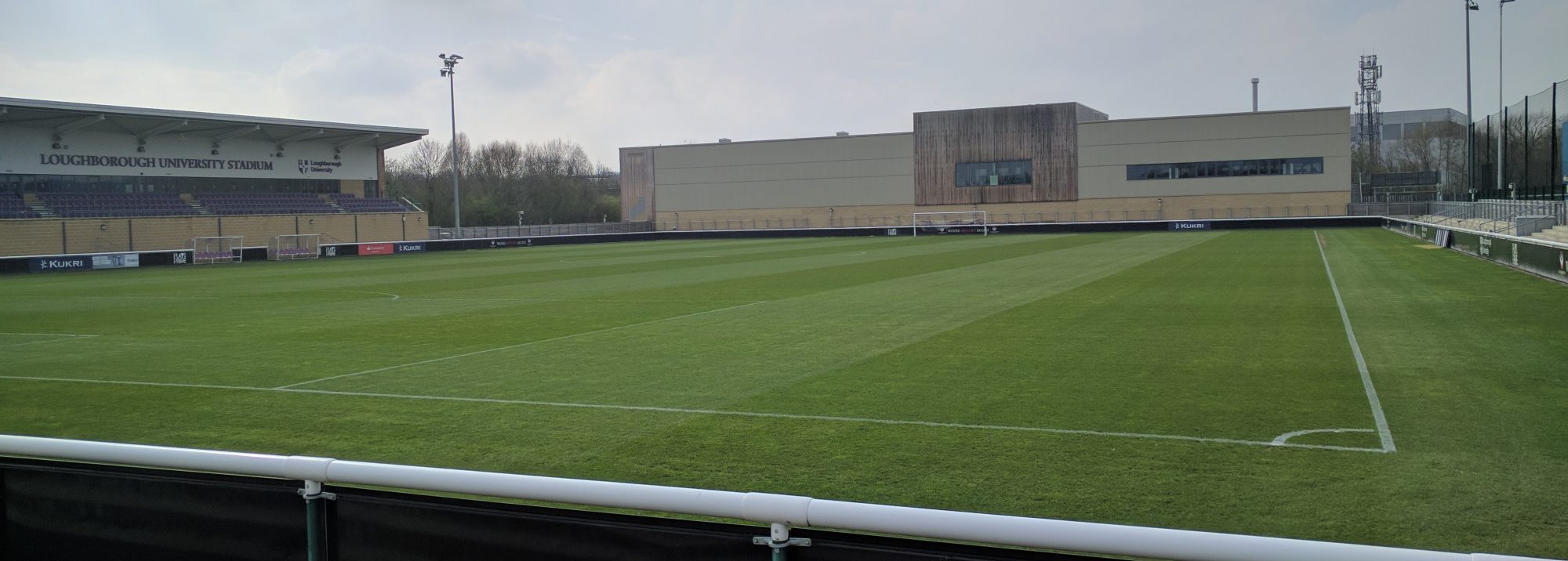Equality, Diversity, Inclusivity
Women’s History Month and International Women’s Day (IWD2021)
International Women’s Day (IWD) was started in the 1900s when women’s oppression and inequality spurred them to become more vocal and active in campaigning for change in working hours, pay and for voting rights. The first National Woman’s Day (NWD) was observed in the United States on February 28, 1909, followed by the establishment of International Women’s Day in 1911 in Europe and the US. International Women’s Day was celebrated for the first time by the United Nations in 1975.
Over the last 110 years, there is more equality in legislative rights in many countries, and an increased visibility of women role models. However, the gender pay gap persists, women still are not present in equal numbers in business or politics, and globally women’s education, health, and the violence against them is worse than that of men. https://www.internationalwomensday.com/Activity/15586/The-history-of-IWD).
To celebrate Women’s History Month and International Women’s Day, LUCU will be sending weekly emails with information about women in the workplace and also holding 2 free events on:
- #ChooseToChallenge bias. A workshop with Marie Hanlon to empower people to identify and challenge bias head-on.
- Complaint as Diversity Work reading group discussion with David Bell and David Wilson. This group will discuss the complexities that emerge when institutions take on the mantle of ‘diversifying’ themselves, and the struggles of those who complain about gendered and racialized issues in the workplace.
The University has also organized events to mark these dates: https://www.lboro.ac.uk/news-events/iwd-2021/
Listening to Lived Experience
We all have complex identities made up of intersecting characteristics such as race, gender, sexuality and much more. We may face prejudice against our gender, while experiencing privilege because of our race, or vice versa. It’s important that we listen to the experiences of those around us and think about how they compare to our own, in order to help us understand this complex picture. Sharing our personal experiences, especially painful experiences, can make us feel vulnerable. Indeed, such experiences can make us materially vulnerable. It is a privilege when someone is willing to let us see into their lives, and it gives us an opportunity to learn and grow.
We are therefore very grateful to our colleague David Roberts, who recently shared an intimate account of his life on the University Equality, Diversity and Inclusion blog. In ‘Recollections of a racial past in a racist present’ David paints a vivid picture of the challenges he’s faced, and continues to face, and those who have helped him achieve the success he has. We urge you to find time in your busy lives to read it – especially if your race is not something you’ve ever thought much about.
Gendered Lives.
When a baby is born, or indeed more often these days long before it is born, we ask “what is it?” The gender of the brand-new human becomes their defining feature before they have drawn their first breath – determining the choice of clothes in which they will be dressed and the colour of the toys on which they will dribble and chew. In the short piece “What are you having?”, David Wilson explores why we’re so keen to answer this burning question, and what problems it might cause.
If you would like to have a piece of writing on EDI circulated among the membership, please get in touch: ucu@lboro.ac.uk
LUCU Committee

